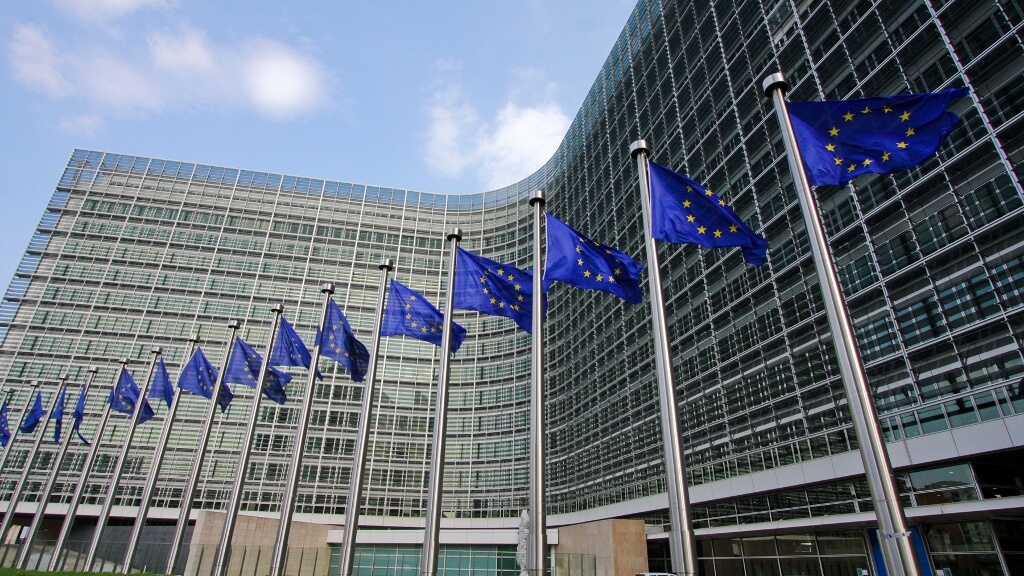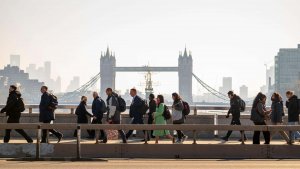Eurozone Growth Confirmed At 2% In Q2, Employment Rises
Covid restrictions had caused a brief recession.

The euro zone economy grew 2% in the second quarter, the European Union statistics office said on Tuesday, confirming its earlier reading as the easing of coronavirus restrictions spurred economic activity after a brief recession.
In a separate release Eurostat also said that employment in the 19-nation bloc grew 0.5% in the April-June period compared to the previous quarter, in line with forecasts of economists polled by Reuters.
The healthy 2% increase of gross domestic product (GDP) compared to the previous quarter was paired with a 13.6% rise from last year, when the euro zone economy suffered the worst phase of the pandemic.
The annual GDP reading was slightly revised downward from Eurostat's earlier estimate of a 13.7% growth which was released at the end of July.
The quarter-on-quarter growth followed two quarters of GDP decline with the euro zone economy shrinking by 0.6% in the last quarter of 2020 and by 0.3% in the January-March period.
The GDP growth fuelled a rise in employment in the April-June period with the indicator increasing 0.5% on the quarter and 1.8% on the year. The annual growth was above forecasts of a 1.5% rebound after a series of falls.
Despite the robust rebound in the second quarter, the euro zone economy remains some 3% smaller than it was at the end of 2019, unlike the U.S. and Chinese economies, which have pulled above their pre-pandemic peaks.
Among euro zone's largest economies, Spain and Italy posted the largest GDP rises, growing respectively by 2.8% and 2.7% on the quarter, Eurostat data showed confirming its previous reading.
Italy, which was among the euro zone's worst hit countries last year, grew also in the first quarter of 2021, when the bloc's GDP fell.
Germany and France recorded more moderate GDP increases, respectively of 1.5% and 0.9% on the quarter.
(Reporting by Francesco Guarascio @fraguarascio)
Thanks for signing up to Minutehack alerts.
Brilliant editorials heading your way soon.
Okay, Thanks!

